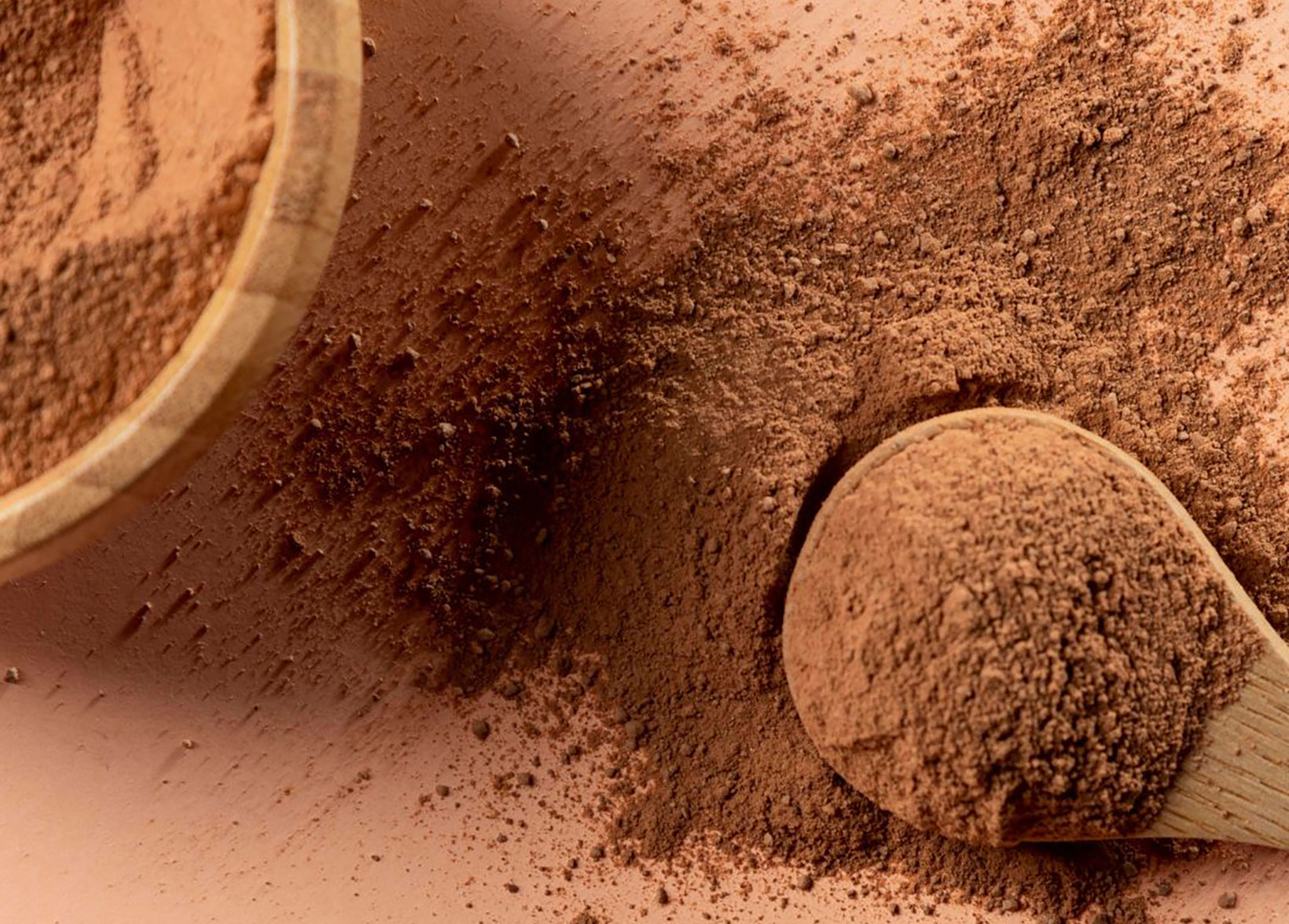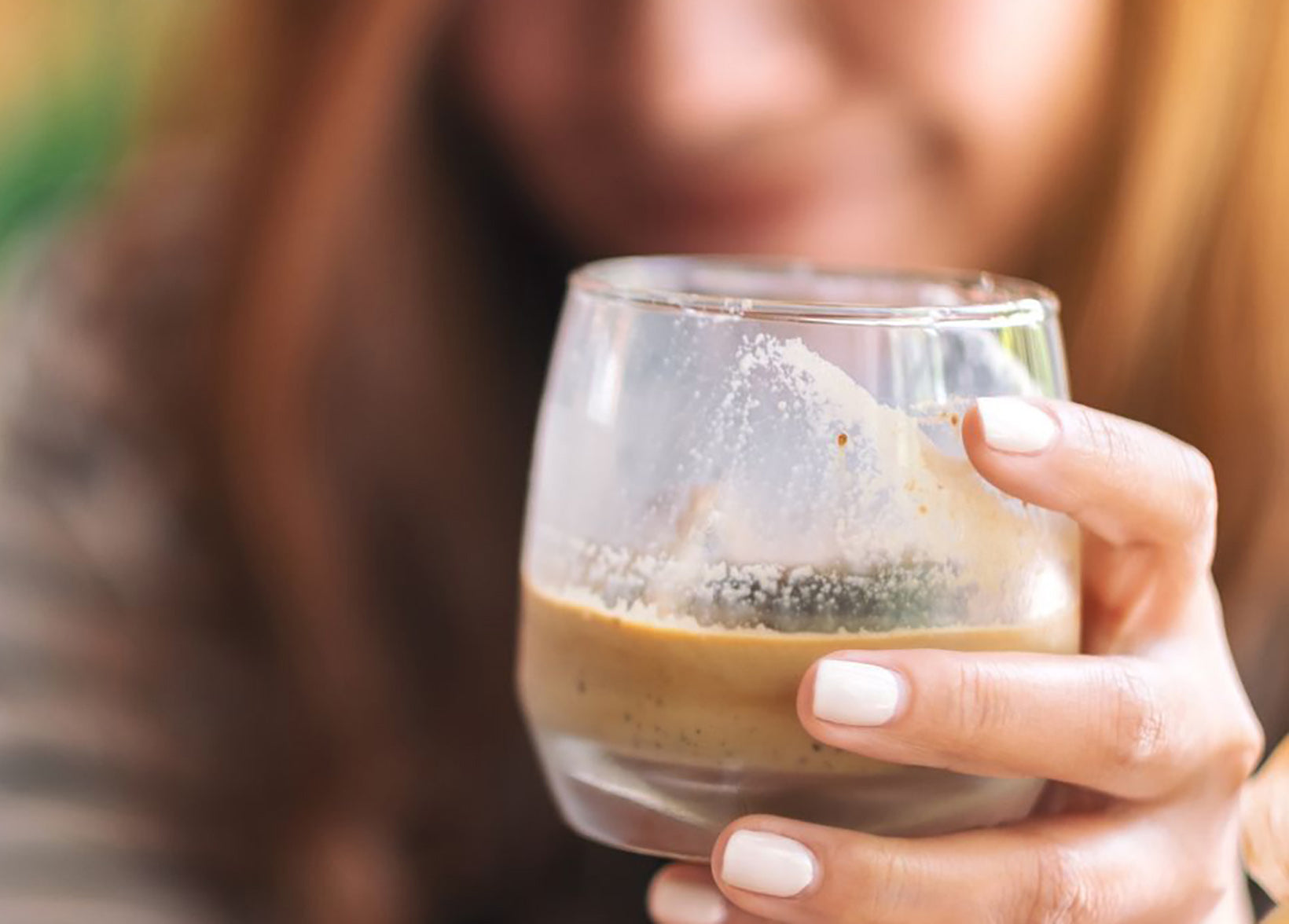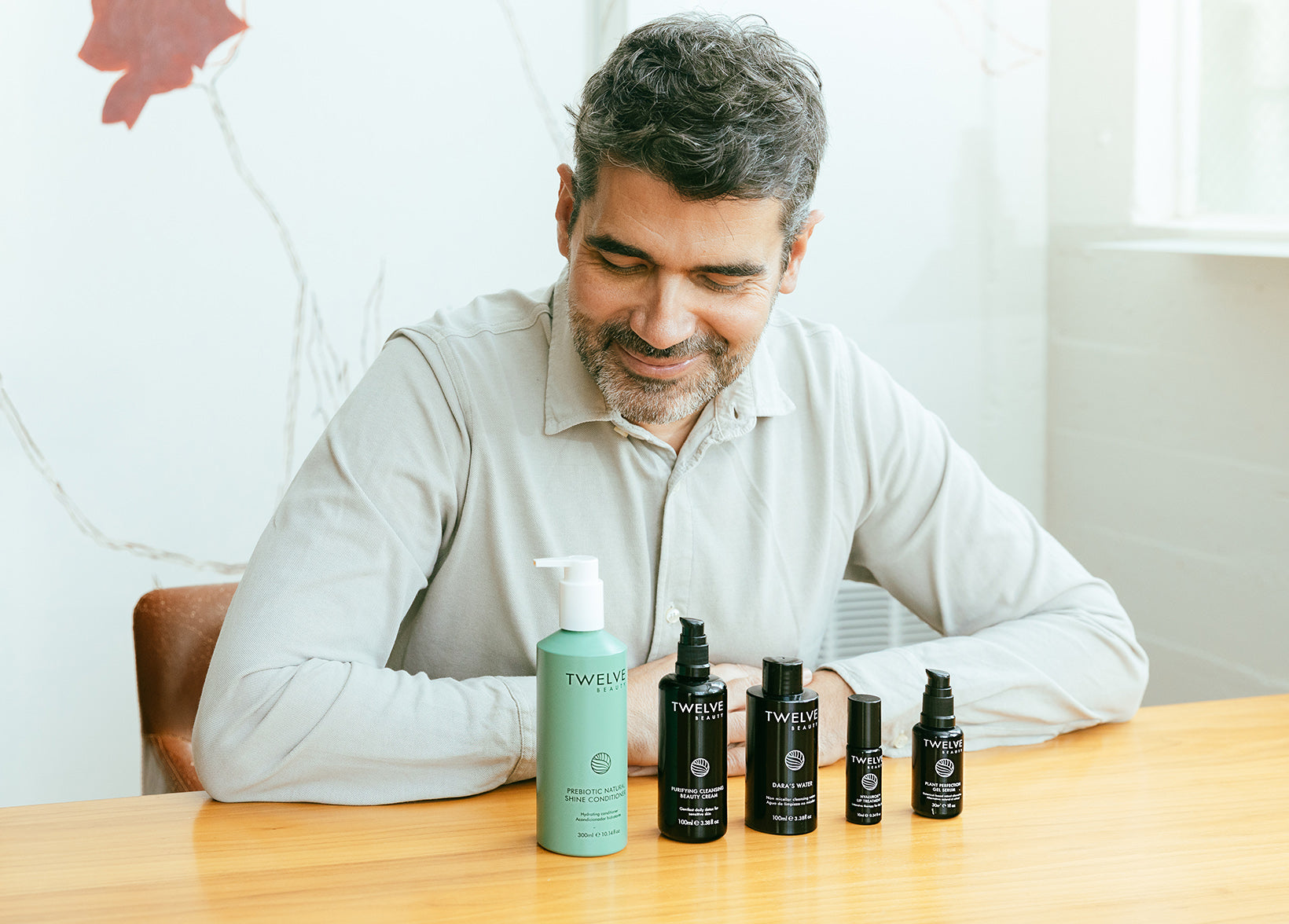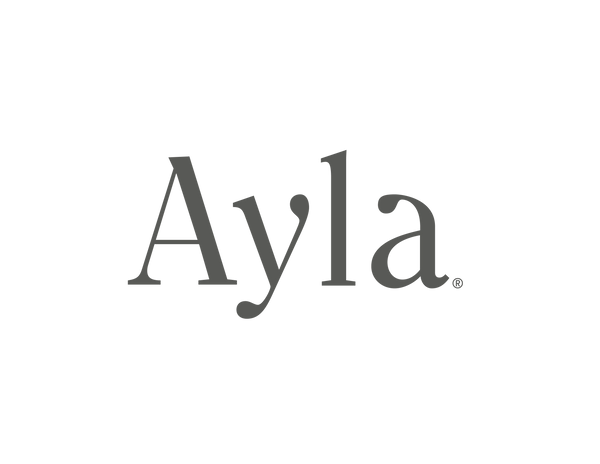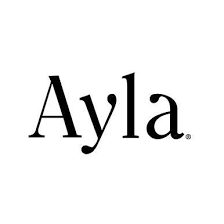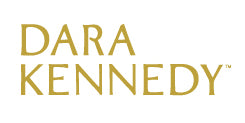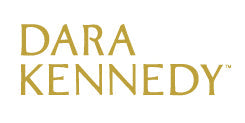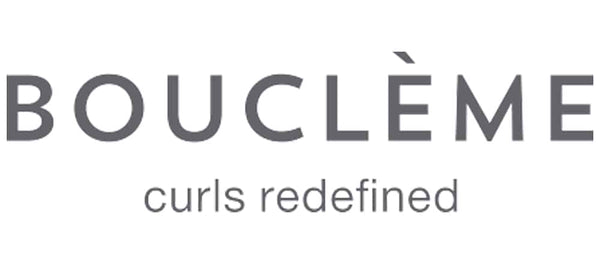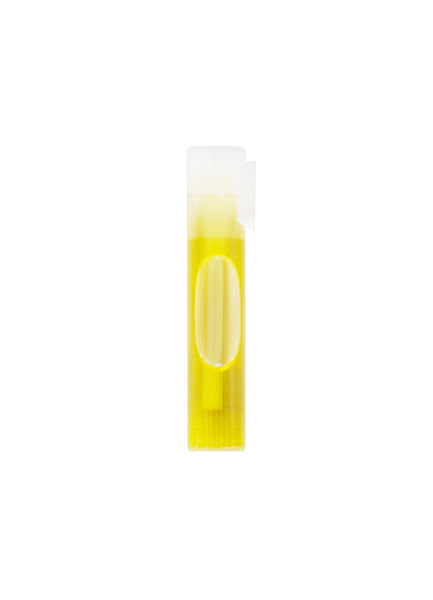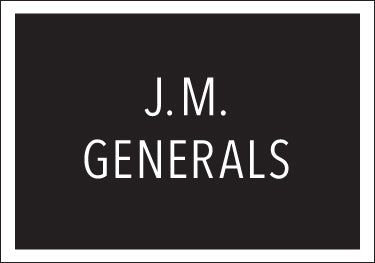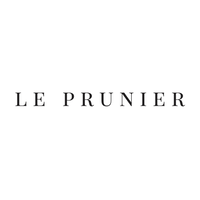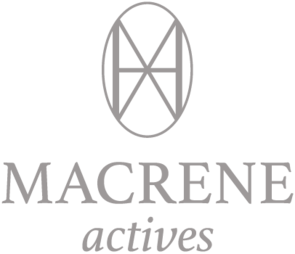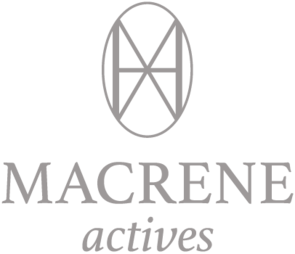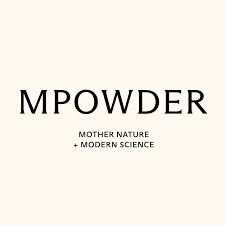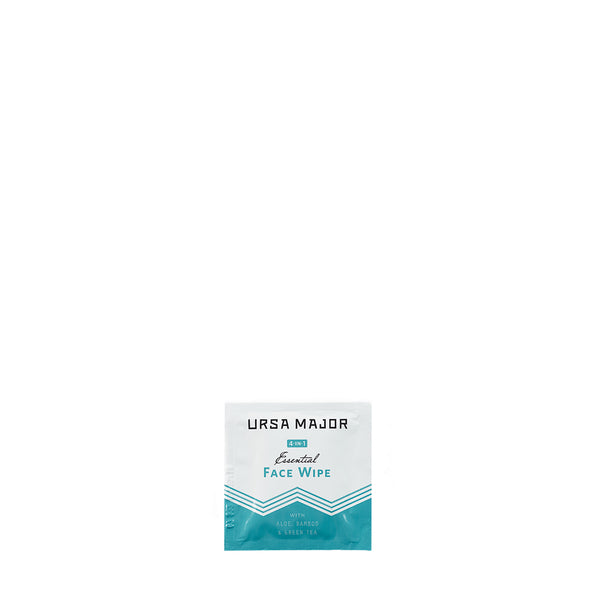Recent Articles
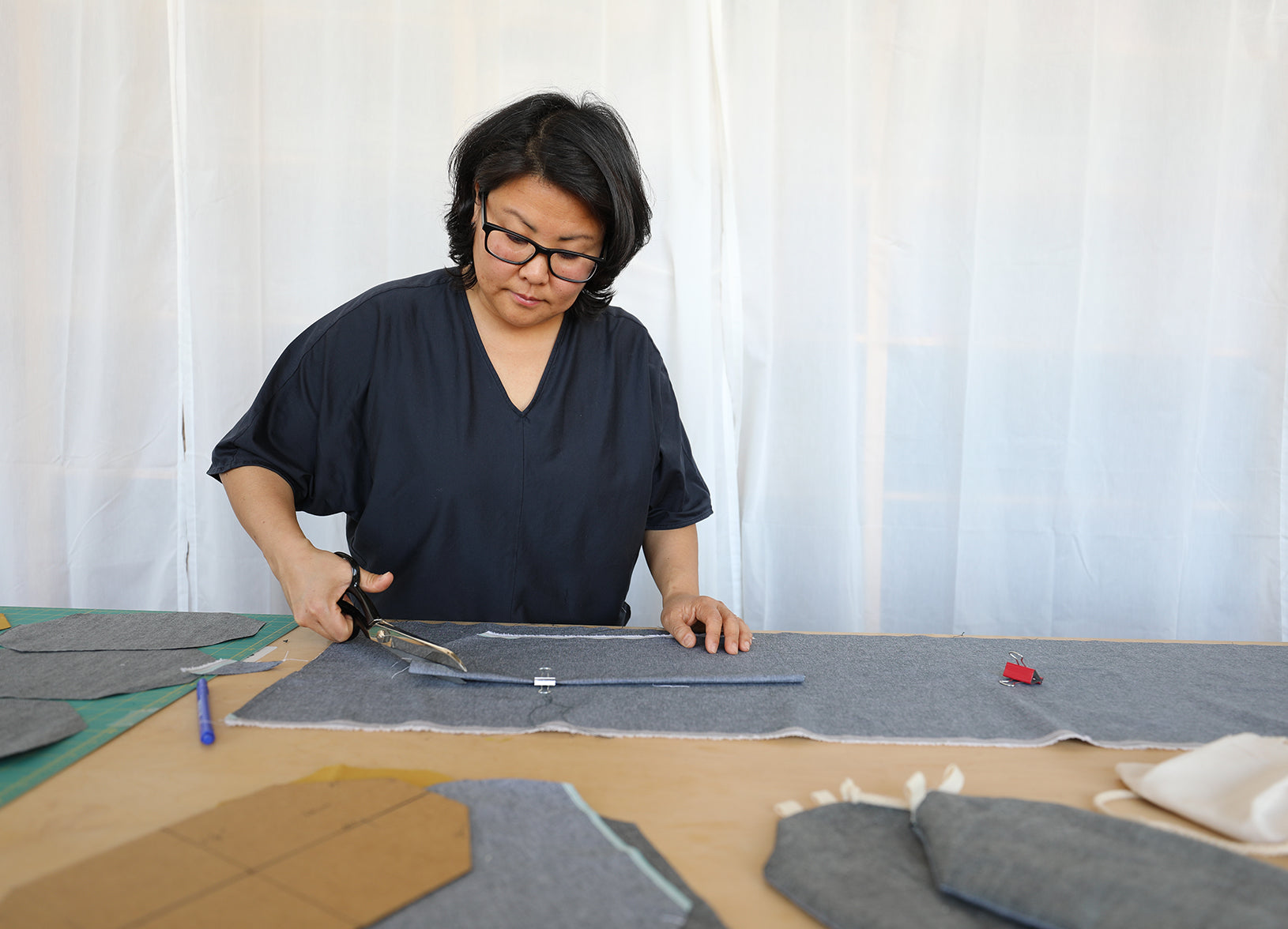
It is easier to deal with maskne if you’re wearing a mask that’s more breathable — and maskne is less of an issue to begin with. Our favorites are designed and sewn by a cool San Francisco company called Aplat; our whole team owns them, and we are delighted to now have them on our shelves, too! These tightly woven, heavy weight, 100% organic cotton canvas masks are favorites among doctors, nurses, and sports coaches alike for their structure and breathability, especially during long days. They’re also zero-waste, with no coatings or elastic; they hold up beautifully to repeated washing; and they look pretty sharp, if we say so ourselves.
But the best thing about them might just be their story. Check out our interview with Aplat’s founder, industrial designer Shu Bertrand, below. We’re thrilled to share these masks with you, and we’re as proud as can be to support another female minority owned small business here in San Francisco.
***
Ayla: Tell us about Aplat.
SHU: Aplat is a culinary design company that makes products centered around sharing food, wine, and flowers.
It all started 5 years ago with a bouquet of flowers, actually. I had ordered a bouquet for a friend’s gallery opening, and I wanted it to look beautiful, like a bouquet I’d just picked from a field. It was going to be something of a design event — I’m an industrial designer — so the look of it mattered.
But when I picked it up from the florist and found it covered in paper and cellophane, it killed that dream bouquet I’d envisioned. So I ripped off the paper and plastic and told my husband, “I’m going to retire on the first sustainable bouquet bag!”
That night, I became obsessed with this idea of a holistic design approach for food, wine, bread, and garden; some of that goes back to my experience of having a French husband whose father and grandfather were bakers, and of living in France for a few years in a farm to table home. I wanted to bring that culture back here. So, I started sewing. It took about four days for me to design the entire collection.
Ayla: Four days?
SHU: It all became very simple because I had just one roll of fabric to work with. I had a corporate job at the time and two kids, and I could only afford a little bit of this great organic cotton canvas. It was like a roll of gold for me.
Since I wanted to make the most of what I had to work with, I used the golden ratio as a principle to guide me for everything from the label to the design of each piece: the idea is that everything should fit into a perfect square box so that there’s no wasted space or material.
Taking this origami-inspired approach — and using squares and rectangles, eliminating negative space — allows us to achieve virtually zero offcut fabric remnants. We send any offcuts we don't use to Phoenix Fibers for upcycling into insulation material.
We’ve created a number of products since the bouquet tote, but it’s still my favorite piece. And now, it takes me a long time to consider making a new product: it always has to fit that golden ratio and yield zero waste.
Ayla: Tell us more about your commitment to zero waste.
SHU: I think it comes naturally from a place of frugality. I was, essentially, born and raised in a Japanese restaurant with a Korean ethnic background. I grew up with a work ethic and commitment to lack of waste that comes from my immigrant parents, who ran two dry cleaners and three restaurants. My parents only made what they needed to put on the table.
When I started working with textiles, it was clear to me that we had to be committed to zero waste: an overage of 40% of fabric is wasted in the apparel business, which seemed crazy. So we not only focus on zero waste as a core design principle, but also use 100% certified organic cotton and locally sourced surplus fabric that otherwise would end up in landfills. We also focus on small-batch production to ensure zero-waste manufacturing. We even use the selvage edges from our fabric rolls and use those in packing and shipping. We truly think about a 360-degree commitment to zero waste as a manufacturer.
Aplat is still very small; we’re hoping to grow of course, but we’re in this for the long haul. With that in mind, we’re keeping our operations lean, simple, and steady — not overdoing it.
Ayla: So — the masks! Tell us about this recent chapter in the Aplat story. It’s a good one.
SHU: Well, on March 17, we were given the shelter-in-place mandate in San Francisco, and on that day, I had to let everyone go at my company. It was hard. But I realized in that moment that while the business couldn’t move forward as I had expected and hoped, there was a need around the world for protective gear — and as a responsible designer, I thought I should find a way to make masks with the square cotton canvas panels that I had.
I sampled every mask that I could find. I tried them on my own small, flat nose; on my husband’s big French nose; on my tween/teen kids. No single mask would fit them all until I found this N95 mask that’s similar to the origami design we ended up with. I started prototyping and hand-sewing masks one at a time, eventually developing 50 different designs over five days until I arrived at the final one.
I spent a lot of sleepless nights trying to figure out how I could make enough. I can make about 50 masks per day on my own, with my kids helping out by trimming fabric and my husband doing the ironing, but I knew that wouldn’t get me to the numbers I needed to make. At this point, all of the factories I normally worked with on sewing projects were closed due to shelter-in-place — but I know (and you know!) that even when we send everyone else home, as business owners, we’re always working. So I knocked on their doors and convinced two of the factory owners to work with me on mask production. I built the template for the design, taught them how to make the mask, and we were all up and running by March 27 — three of us, all female business owners, sewing as many masks as we could.
That day, we launched the mask on our website and I released the pattern for free so that others could make it themselves. It took us 4 weeks to make enough masks to donate 15,000 of them through our buy one, donate one program; we were featured on the local news, and that’s when it all went viral.
I don’t want to make masks forever, because that would mean we’re still struggling with COVID-19. But this situation basically relaunched my company. We’re still minimal: I continue to be the only full time employee in the business, and my two best friends help me with the website and communications. And I still work 7 days a week. But that’s what you do when you run a small business.
Ayla: True! Tell us about the construction of the mask. It’s unique, and we love how comfortable it is to wear all day.
SHU: Its construction is such that there’s a lot more comfort and breathability — especially when you pair the design with the thicker, structured canvas. When you breathe, it’s not collapsing in; thinner fabrics suction-cup in when you breathe.
I think it protects well because it has structure. The origami fold forms over the nose and chin to keep it secure, and a filter can be inserted into the fold.
Ayla: You’ve donated a lot of these masks to healthcare workers.
SHU: We’ve donated a bunch of masks to RNs, and the feedback we’ve received is that they’re very comfortable and breathable, especially during long days. We donated the majority of our masks during that first month of production: some nurses were, in fact, wearing them in hospitals because there was such a shortage of masks. Thankfully, that’s not so much the case now.
My sister’s a surgeon, and while she always prefers her N95 masks at work and of course wouldn’t use the Aplat mask in surgery, she and her entire family use it when they’re going outside and exercising. Our kids play tennis at the Bay Club in San Francisco, and all the tennis coaches there wear them because they find they’re the best masks for sports.
My sister’s RNs use the Aplat mask, too, when they’re going home or running errands. They like it because you can take it off, fold it, and put it around your neck (and tuck it inside your coat) instead of pulling it off and hanging off your ear. I like to fold it in so that it becomes the perfect wallet size, then put it into my shirt and completely away.
Ayla: They are so breathable due to the construction — that’s why our whole team has them! How do you suggest caring for them?
SHU: After each use, wash your mask inside out, then press it with a hot iron after it’s been in the dryer. That hot steam provides an extra sanitation step. The Aplat mask is made from preshrunk cotton, so shrinkage is minimal depending on how hot your “hot” is.
***
We are devoted to these masks and can tell you that they stand up far better than others over repeated washings. We always get compliments on them due to their unique, sharp design — and they’ve prompted us to bring our irons out of early retirement. (Not so fun to iron shirts; VERY satisfying to iron these masks.)
Shop for one here, and check out Instagram.com/aplatsf for great videos on mask wear and care.
Any topic discussed in this article is not intended as medical advice. If you have a medical concern, please check with your doctor.

